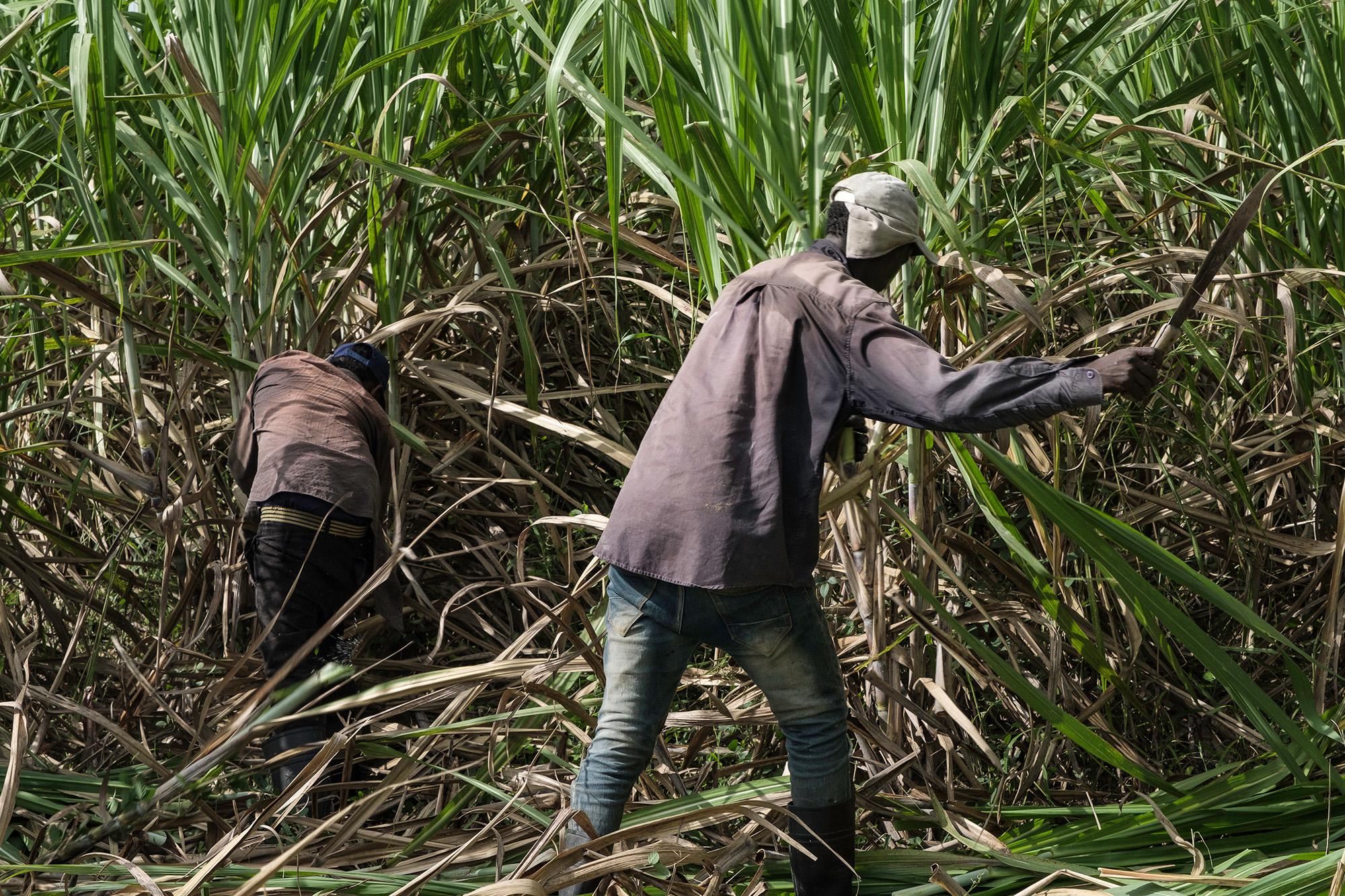Sugar is a big part of Americans’ daily diet. But who harvests some of that sweet cane?
Reporters Sandy Tolan and Euclides Cordero Nuel visit Haitian migrants in the Dominican Republic, who do the backbreaking work of cutting sugarcane for little pay. They live in work camps, or “bateyes,” that are part of a vast sugar plantation owned by the Central Romana Corp. The company is the Dominican Republic’s largest private employer and has strong links to two powerful Florida businessmen, Alfonso and Pepe Fanjul. The reporters speak to workers who have no access to government pensions, so they’re forced to work in the fields into their 80s for as little as $3 a day. Through its sugar exports to the U.S. and other businesses, Central Romana generates an estimated $1.5 billion a year — but some workers are so poor they can’t afford doctors’ visits.

As a nonprofit journalism organization, we depend on your support to fund more than 170 reporting projects every year on critical global and local issues. Donate any amount today to become a Pulitzer Center Champion and receive exclusive benefits!
In the 1990s, Tolan reported on human trafficking and child labor in the Dominican sugar industry. Conditions improved following pressure on the government from local activists, human rights groups, and the U.S. Labor Department. But major problems persist. And cane cutters say they must go into deep debt just to survive, leaving them trapped.









